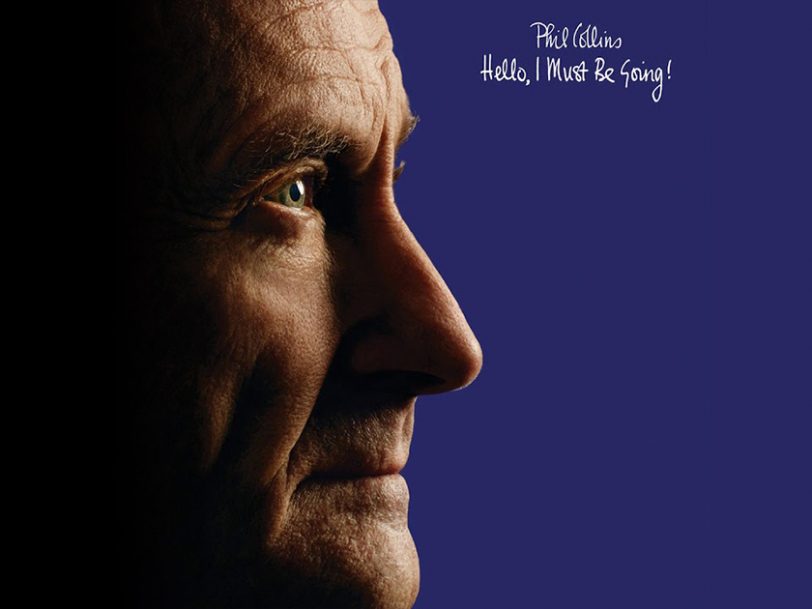Taken aback by the breakout success of his 1981 debut album, Face Value, Genesis frontman Phil Collins quickly found himself courting a successful solo career. His iconic drum break on In The Air Tonight became an MTV hit and shattered people’s expectations – least of all his. “I wasn’t expecting to make a second album,” Collins said, noting how his sudden rise to solo stardom had been something of a surprise. Nevertheless, his follow-up album, Hello, I Must Be Going!, would give him an opportunity to assert his newfound freedom as a solo artist and cultivate his own unique place on the pop charts.
Listen to ‘Hello, I Must Be Going!’ here.
“I have to follow a solo album that wasn’t meant to be an album, far less a hit”
In retrospect, it’s possible Collins wasn’t quite emotionally ready to catapult himself to higher levels of fame, still coming to terms as he was with his divorce from ex-wife Andrea Bertorelli. “The next emotion I have to deal with is my own fear,” Collins wrote in his memoir, Not Dead Yet. “I have to follow a solo album that wasn’t meant to be an album, far less a hit.” Fearful of losing touch with his children and bombarded with legal letters on a daily basis, the beleaguered singer set to work.
The lead single to be released from Hello, I Must Be Going! was Thru These Walls. Issued in October 1982, it was a slow-burning pop brick hurled through the art-rock window. With a drum break cut from the same cloth as In The Air Tonight, the song’s atmospheric Prophet-5 synth lines build to an unorthodox tootling rhythm.




